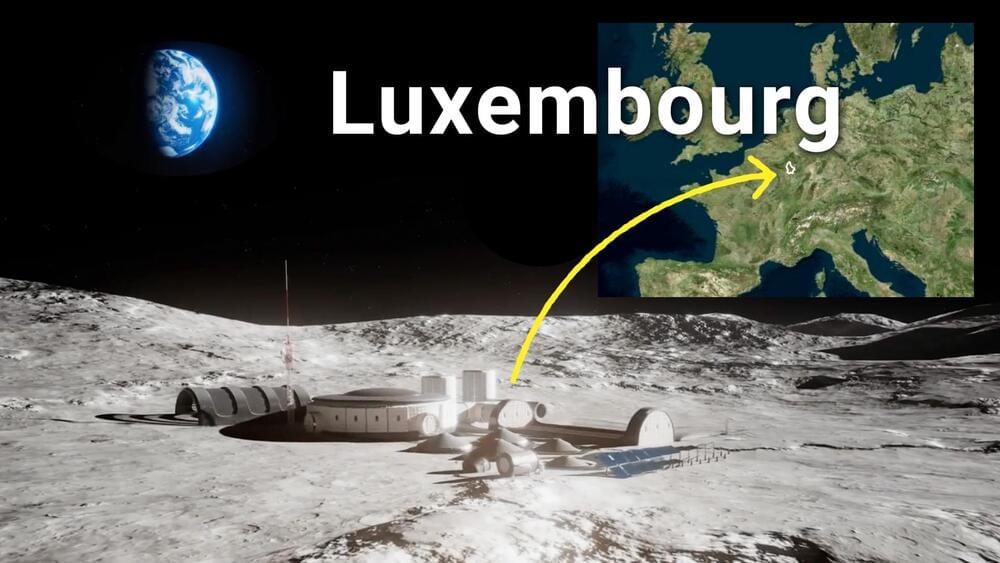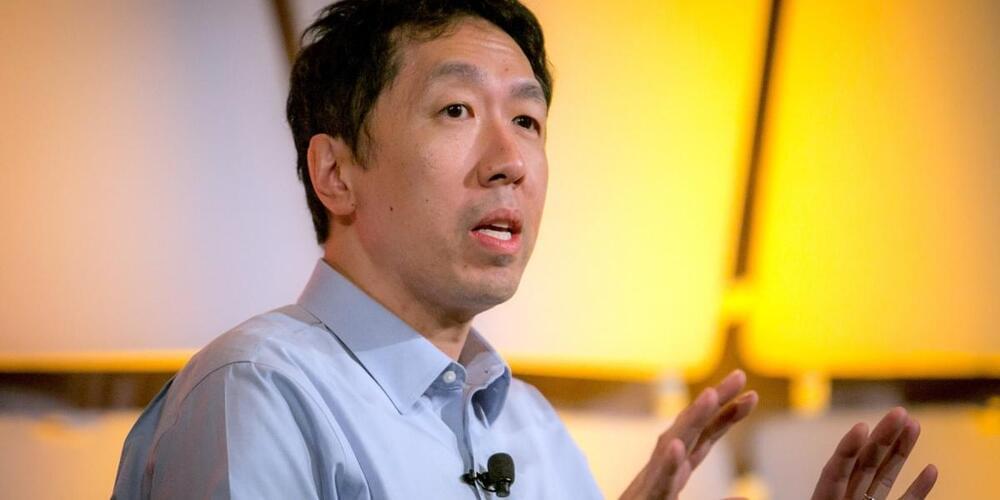Go beyond the hype.
Dubbed as the internet of tomorrow, Web 3.0 seems to be the next big thing that’s going to change our lives by fundamentally reshaping the internet.
Web 3.0 is an upgrade to the Web, a meta technology for business software, a social movement for open data, and a new generation for artificial intelligence.
Large corporations are usually getting hacked, resulting in the exposure of millions of user data, and a McKinsey report from last year shows that almost all industries have got a trust rate of less than 50 percent.
But the new generation of the web, Web 3.0, could solve some privacy concerns as it features the internet on blockchain technology. Storing any data on blockchain makes that data decentralized, making the company’s data usage transparent, thus protecting it from breaches. However, returning the ownership of their data back to consumers could potentially disrupt the tech industry since tech giants would eventually lose access to the data that initially gave them a boost in an already competitive market.
Full Story:





